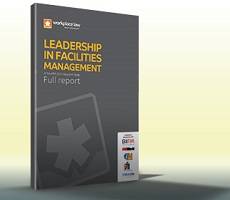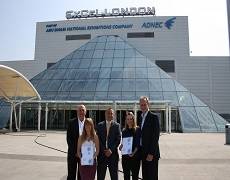July 30, 2013
Government gets around to tightening energy efficiency standards for buildings
The Government has confirmed it’s to strengthen energy efficiency standards for new homes and non-domestic buildings. The toughened up measures announced today in Parliament covering Part L of the Building Regulations will mean a six per cent cut in carbon emissions for new build homes, and a nine per cent cut for non-domestic buildings. According to the government, the small increase in construction costs will be “heavily outweighed” by subsequent energy savings. There have been criticisms however, over the length of time it’s taken for the changes to be announced as a consultation on the proposed changes closed over a year ago. (more…)























July 19, 2013
Dual source lighting schemes illuminate the way ahead for office design
by Shane Cohen • Comment, Facilities management, Lighting, Workplace design
(more…)